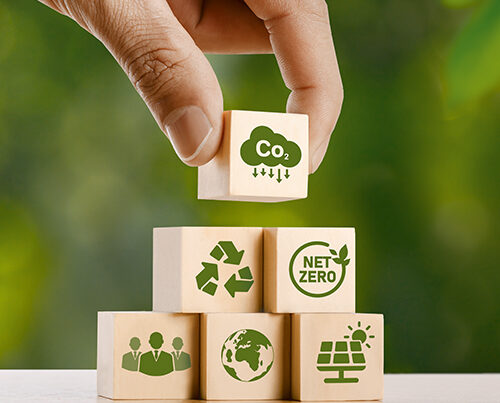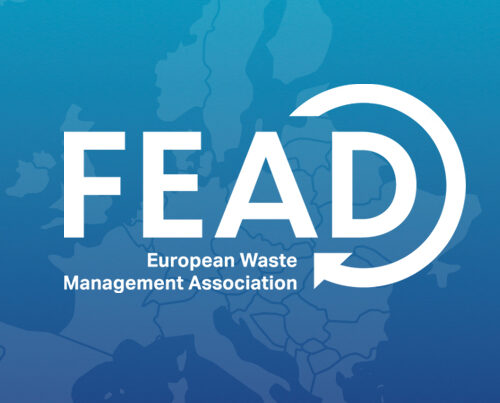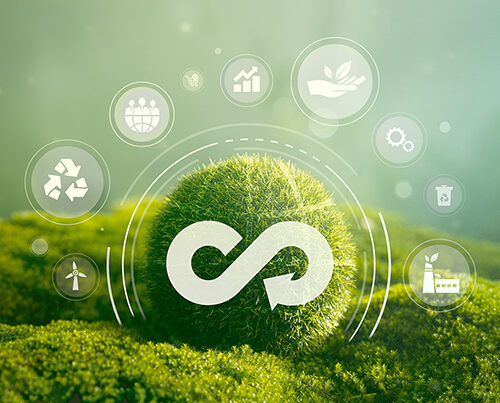It may sound trite but it really is a complex challenge to set up a well-functioning circular economy. Targets must be well thought through and the market must be correctly depicted if individual materials are to be collected and recovered and more material life cycles closed. At present, the statutory guidelines are, in many cases, too vague as they are oriented towards whole groups of substances and merely set targets for the volumes of substances that should be collected. In one of its recent reports, the Resource Commission at the German Environment Agency (UBA), which was launched in 2013, looks at how this situation can be further improved and integrated into the National Raw Material Strategy. A REMONDIS representative, Herwart Wilms, also sits on this commission.
Entitled ‘Opportunities and limits of recycling in the context of the circular economy’ [Chancen und Grenzen des Recyclings im Kontext der Circular Economy], the report suggests making sweeping changes to the circular economy. In order to push forward its goal of reducing resource consumption, the Commission is, above all, calling for a fundamental discussion to be held about the economy’s present product and service models so that more raw materials can be recovered. And this discussion should take a broader view, not just in the context of the circular economy.
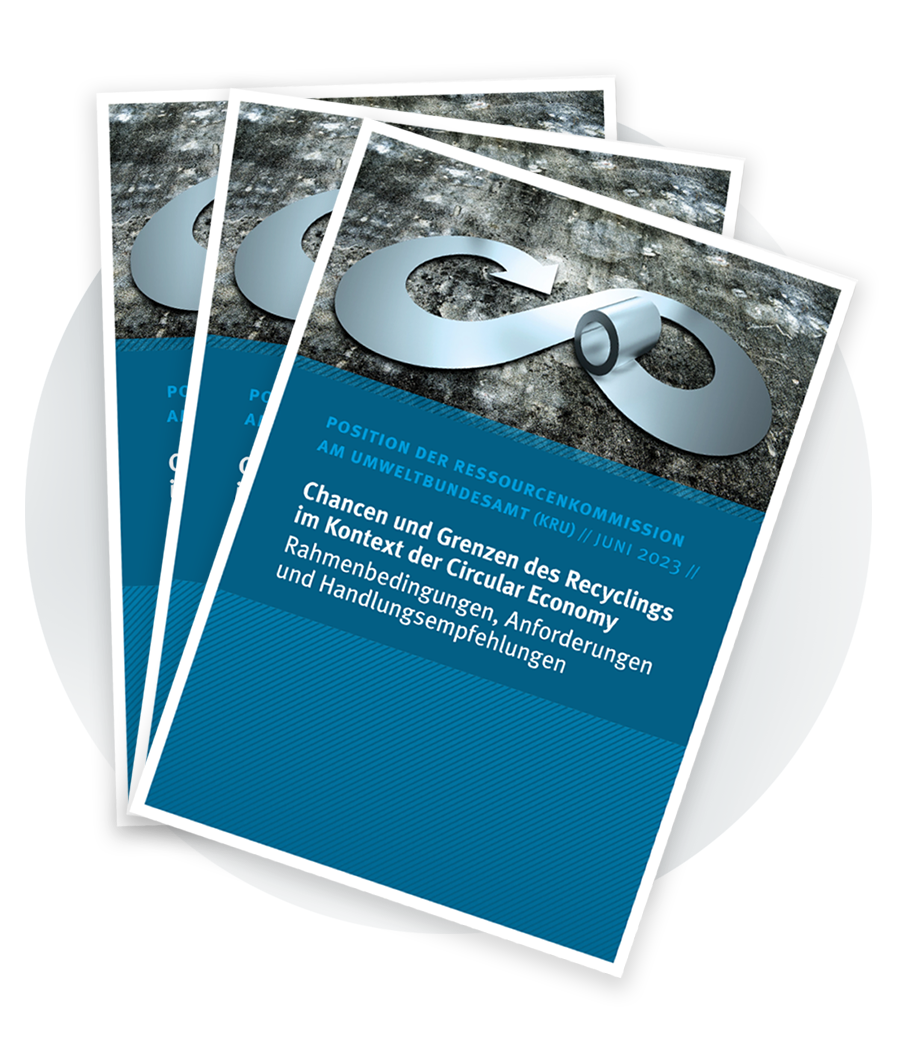
When it comes to recycling, focus should be put on the physical circularity of raw materials, substances and components so that virgin raw materials can be substituted, sustainability guaranteed and the economy’s dependency on imports reduced. With this in mind, they suggest that we should move away from current waste legislation as these laws merely set recycling rates for certain types of waste that have been grouped into product categories (e.g. e-waste, end-of-life vehicles, batteries). The Commission’s experts firmly believe that these indicators are inadequate as they only relate to large groups of materials and, as a result, can only depict waste collection rates and initial treatment stages.
Instead, operational indicators should be set for individual substances as well. Those determining such indicators should take any technical and economic limitations that may impact on the recovery of the substances into account and define priorities between the individual substances. Businesses melting down mixed packaging to recover aluminium can’t recover plastics at the same time. And not every substance that can be recovered will find a willing buyer on the market. If the indicators for material life cycles truly mirror the situation then an assessment can be made as to whether marketable materials can be produced so that they have the quality needed for them to be reused to make new, like-for-like products.
Resource Commission at the German Environment Agency (UBA)
The Resource Commission at the German Environment Agency (UBA) supports the German Environment Agency by suggesting ways to further develop resource efficiency policies and the circular economy. The Commission is made up of experts from science and research, administration, industry and civil society. It is currently focusing on the following topics (2021-2024): Opportunities and limits of recycling in the context of the circular economy, Recommendations for a resource-efficient and circular economy, Circular economy indicators and Circular economy and design.
Find out more about the Resource Commission’s work here.
It is also important, when defining such indicators, to adapt to changing product designs and the development of completely new product categories. The example of rapidly growing markets – such as the battery market – shows that operational indicators for recycling must be embedded in a long-term strategic view of resource use in different sectors of the economy. The circular economy must remain a step ahead of innovations and find solutions before large volumes of the products end up being discarded and collected for recycling. And transformations that are being pushed forward by society – such as the energy transition – also need to be taken into account when the goals are being set.
With this in mind, the Commission is calling for the introduction of obligatory standards for the high quality recycling of complex, resource-relevant product groups, such as those in the area of electronics.
This is the only way to ensure that they do not bypass the recycling route because individual actors prefer to use a solution that is more profitable for them but less good for the circular economy.
According to industry experts, measures are also needed to increase transparency regarding the actual routes different materials take, for example by using product passports, effective tracking and tracing systems or improving the way various statistics are linked up. Such measures make it easier to monitor waste streams and to restrict the problematic exports of such products out of the EU. And the Commission wishes to increase producer responsibility: it should become easier to repair and recycle goods by standardising products and setting design guidelines.
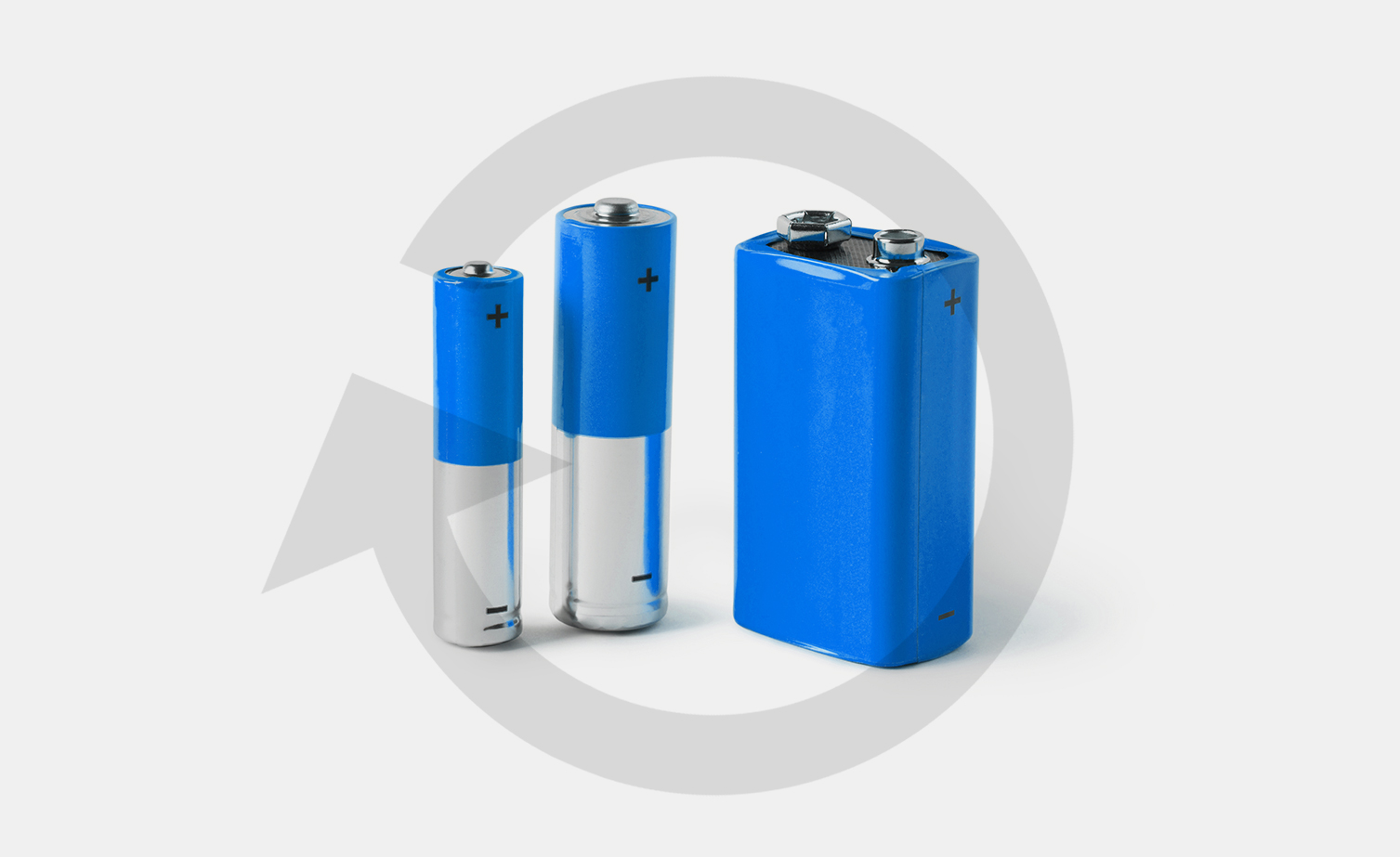
“The lever needs to be pulled and changes made to legislation in the same way that we have been transforming our industry from a waste management sector into a circular economy.”
REMONDIS managing director, Herwart Wilms, stressed: “The lever needs to be pulled and changes made to legislation in the same way that we have been transforming our industry from a waste management sector into a circular economy. The actual volumes of residual materials that we succeed in collecting are not what matters the most – either from a business point of view or as far as the sustainability of the system is concerned. Such collection targets were certainly useful to begin with but, in many cases, they’re not helping us to move forward anymore. What’s more important for the future is to control to what extent individual, scarce raw materials are recovered that are actually reused in production processes.”
Herwart Wilms is also vice president of the BDE [Federal Association of the German Waste Management Industry], vice president of FEAD [European Waste Management Association], and chair of the committee for raw material policies at the BDI [Federation of German Industries].
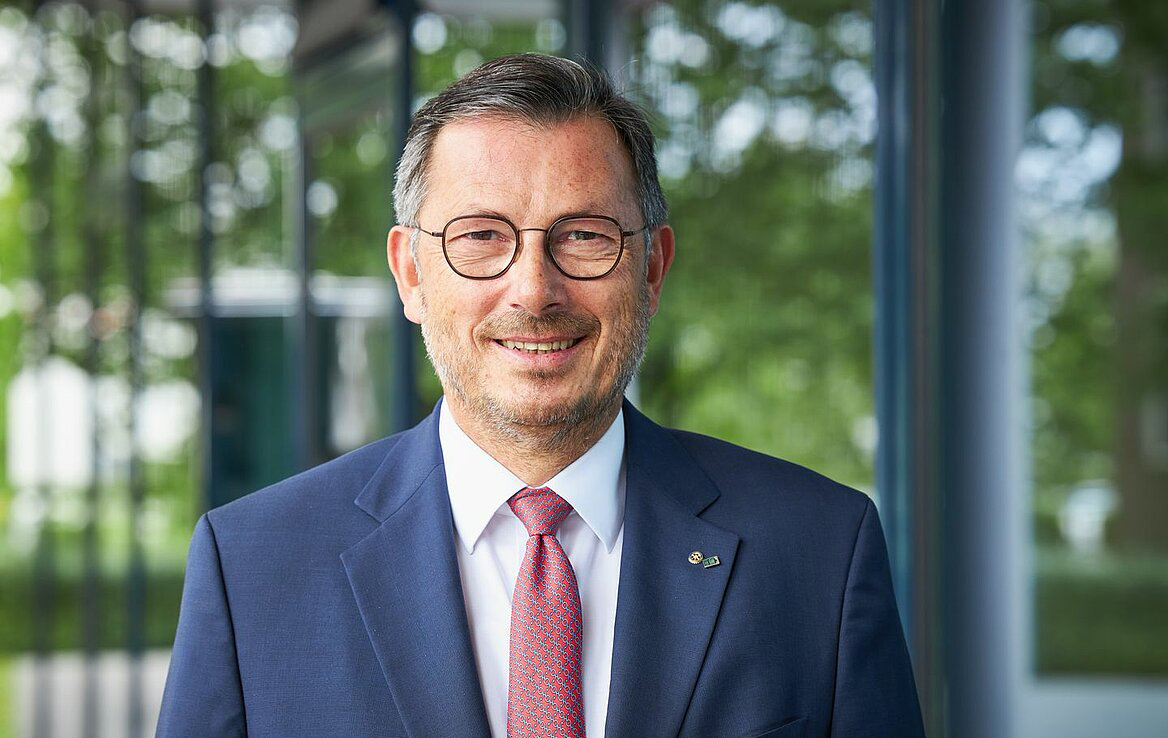
Image credits: image 1: Adobe Stock: TSUNG-LIN WU; image 2: German Environment Agency; image 4: Adobe Stock: Yeti Studio; image 5: REMONDIS







